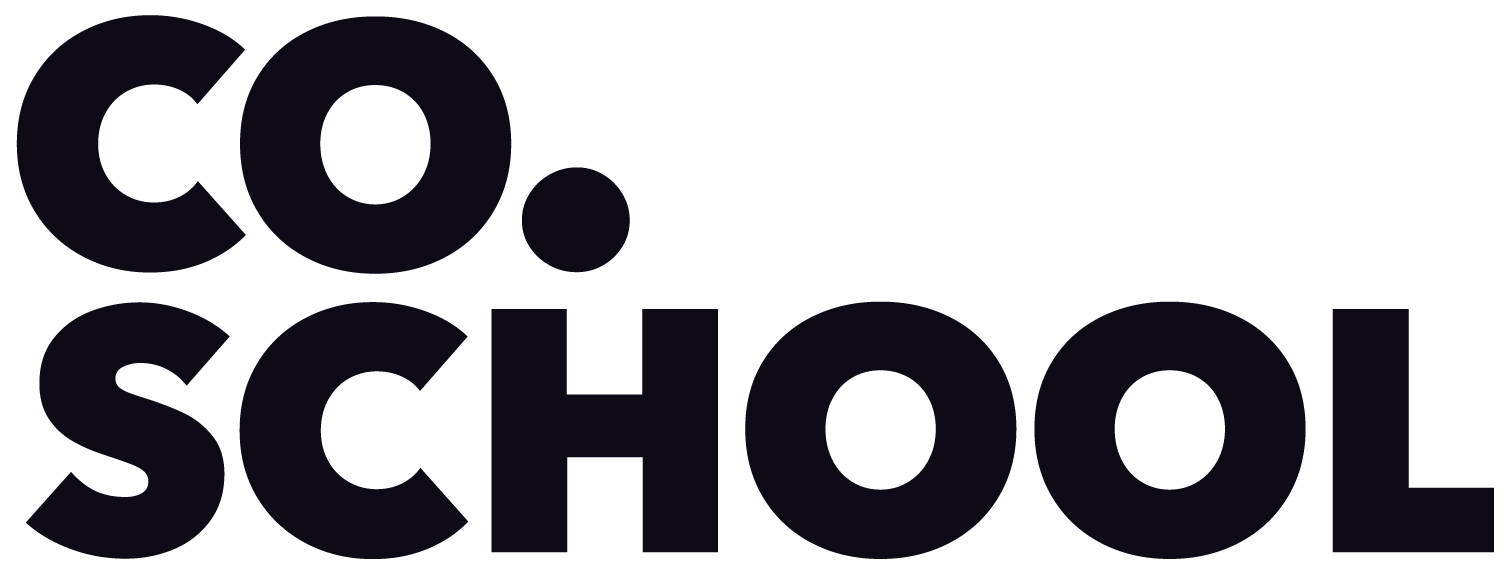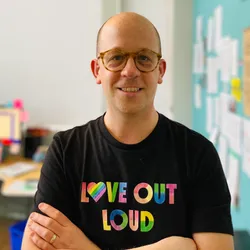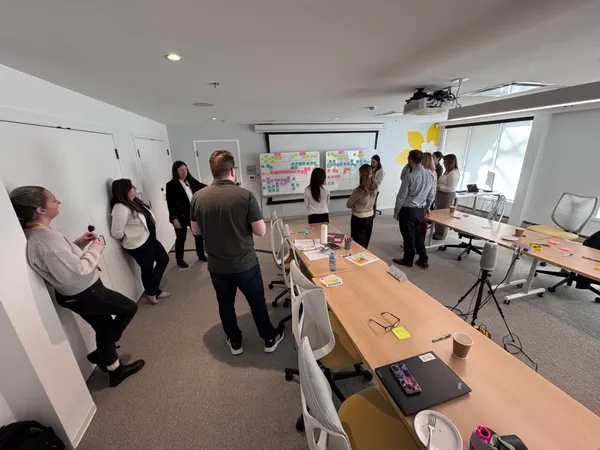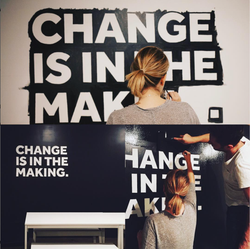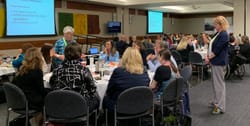Want a more human-centered organization? Start by mapping the current process.
Today, your services are...fragmented.
When you think of a process your organization offers — perhaps a membership sign-up flow, or the delivery of a key service — it's unlikely that it's entirely friction-free. Between your people, your processes and your technology, you'd admit that things aren't exactly "flowing" the way they could. You likely have a mix of online and offline elements, paper-based components and digitally-enabled experiences, high-touch and low-touch. Still, you're doing the best with what you've got, and it leaves you wondering: how do we make this better?
You know you need change.
It's tempting to jump to quick-fix solutions. Buy new software. Vibe-code a solution. Press the "innovate and disrupt" button. Throw it all out and start again.
But, hold on a moment. What you have is already valuable. The service you offer contains clues for what really matters, to your community and to your team. What if we started by listening?
Take a look at the system.
Service design lets you "look before you leap," by mapping out the service as its currently operating today. Through research, interviews, surveys, field studies and collaborative mapping, a service design process can give you "system sight" to better understand what's happening in the moment.
Once you've mapped out how things are actually operating, you're better positioned to asked: where is it going well? Where are the pinch-points? And: what investments might we make that would result in the biggest difference?
Transform your services, on purpose.
Co.school partners with Canadian social innovators (like the Canadian Cancer Society, who needed help improving the design of a patient-centered program). We facilitate processes of listening, research, synthesize and design to give you a clear roadmap for what changes are needed.
What people say
“As we face crises on many fronts—health, climate, inequality, governance—the challenge that looms largest for me is our diminished ability to work together across lines of difference. The co-creation mindset is critical for anyone working in complex problem spaces. The methods and tools that Co.school employs help people work together by ensuring meaningful participation, harnessing collective intelligence, and shaping sustainable solutions for the future. Kevan and his team are exceptionally skilled and possess a toolkit of creative problem-solving techniques that can be applied across disciplines. I hold their work in the highest regard."
- Krystal Renschler, Founder & Facilitator, Mutatio
Getting started
Book a free intake call: get to know Kevan, learn more about service design for systems change.
